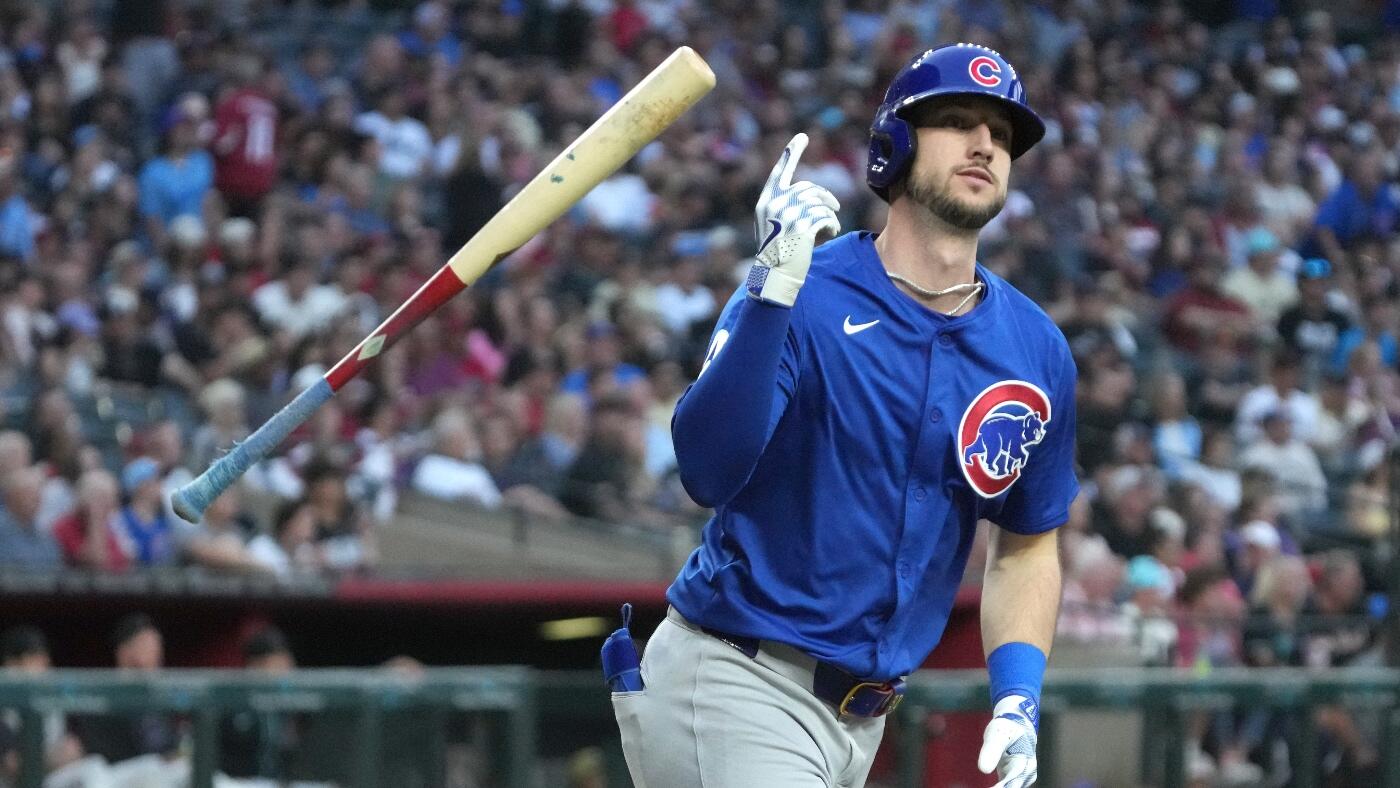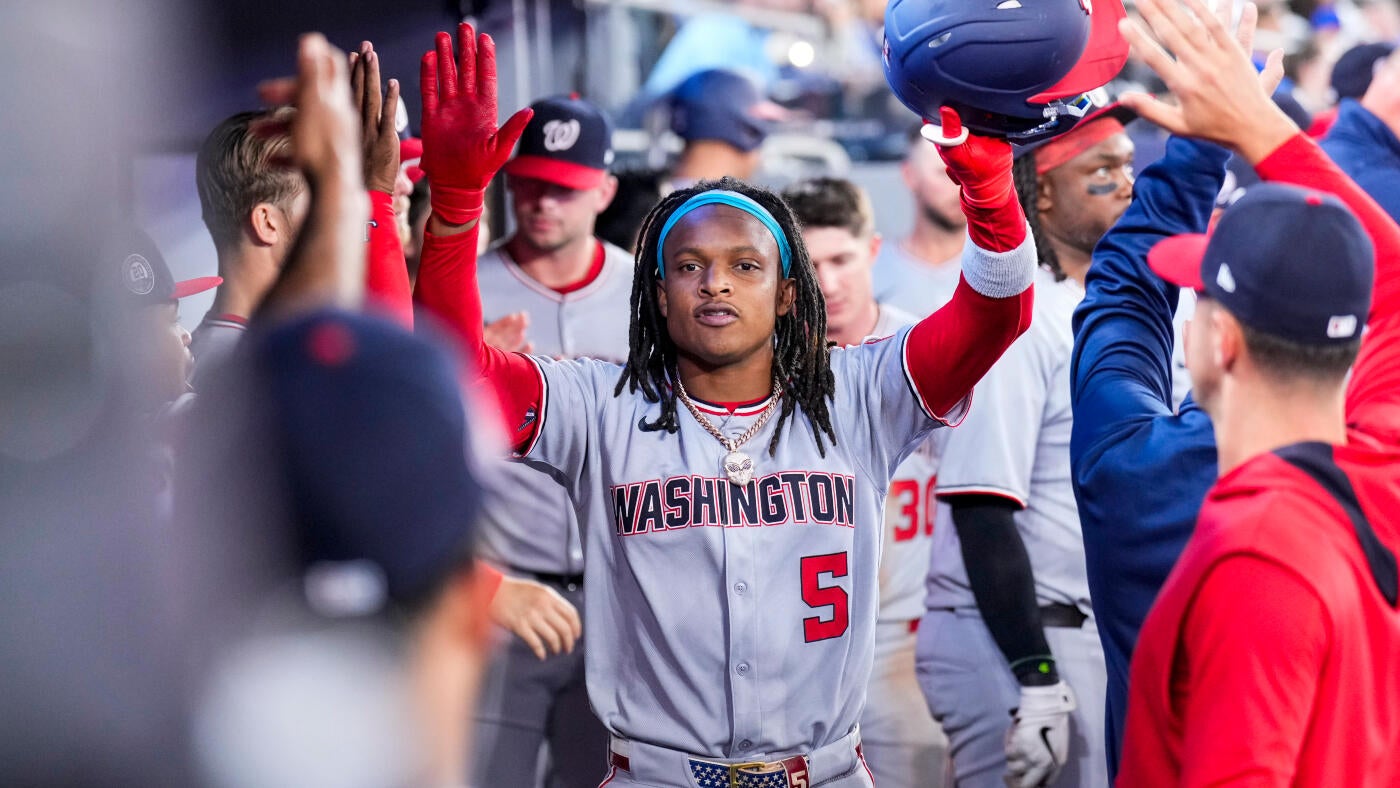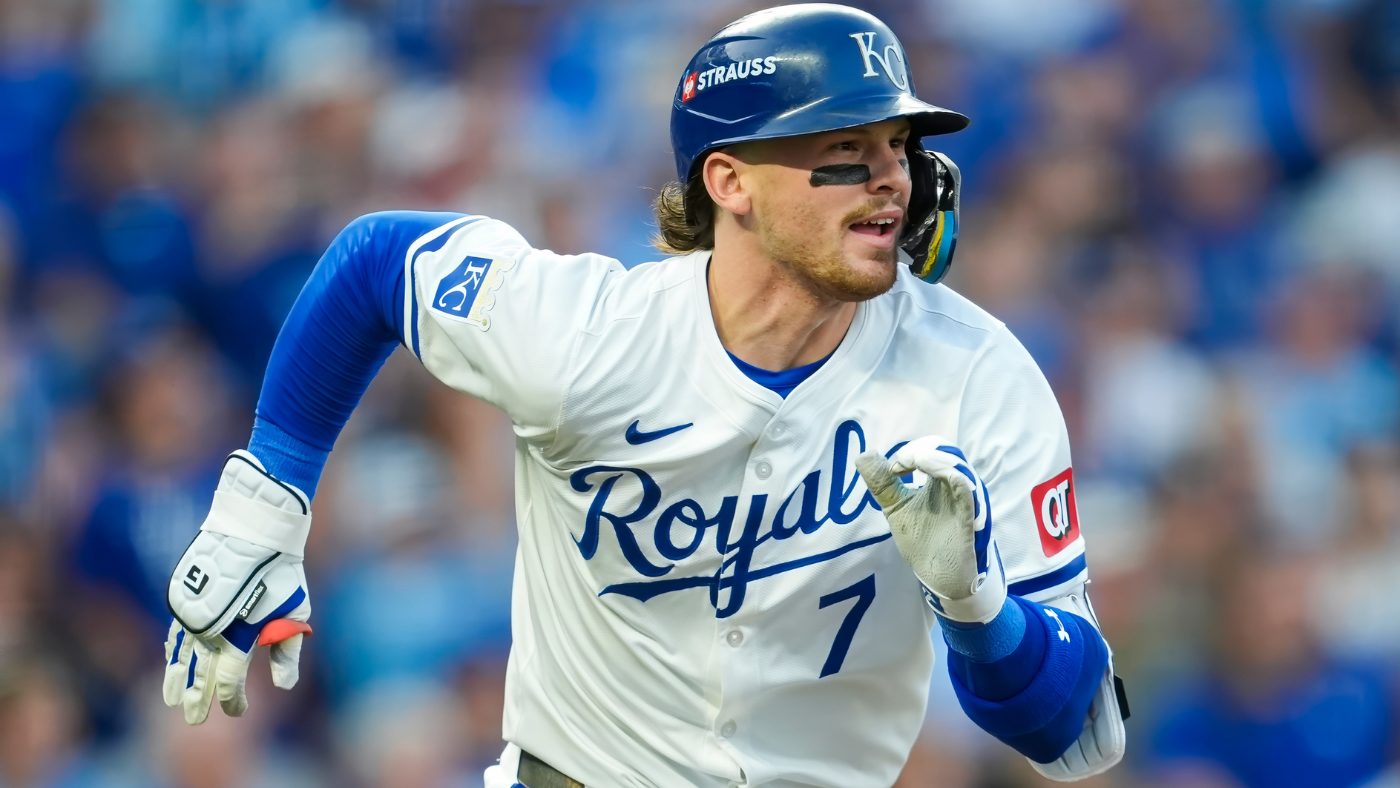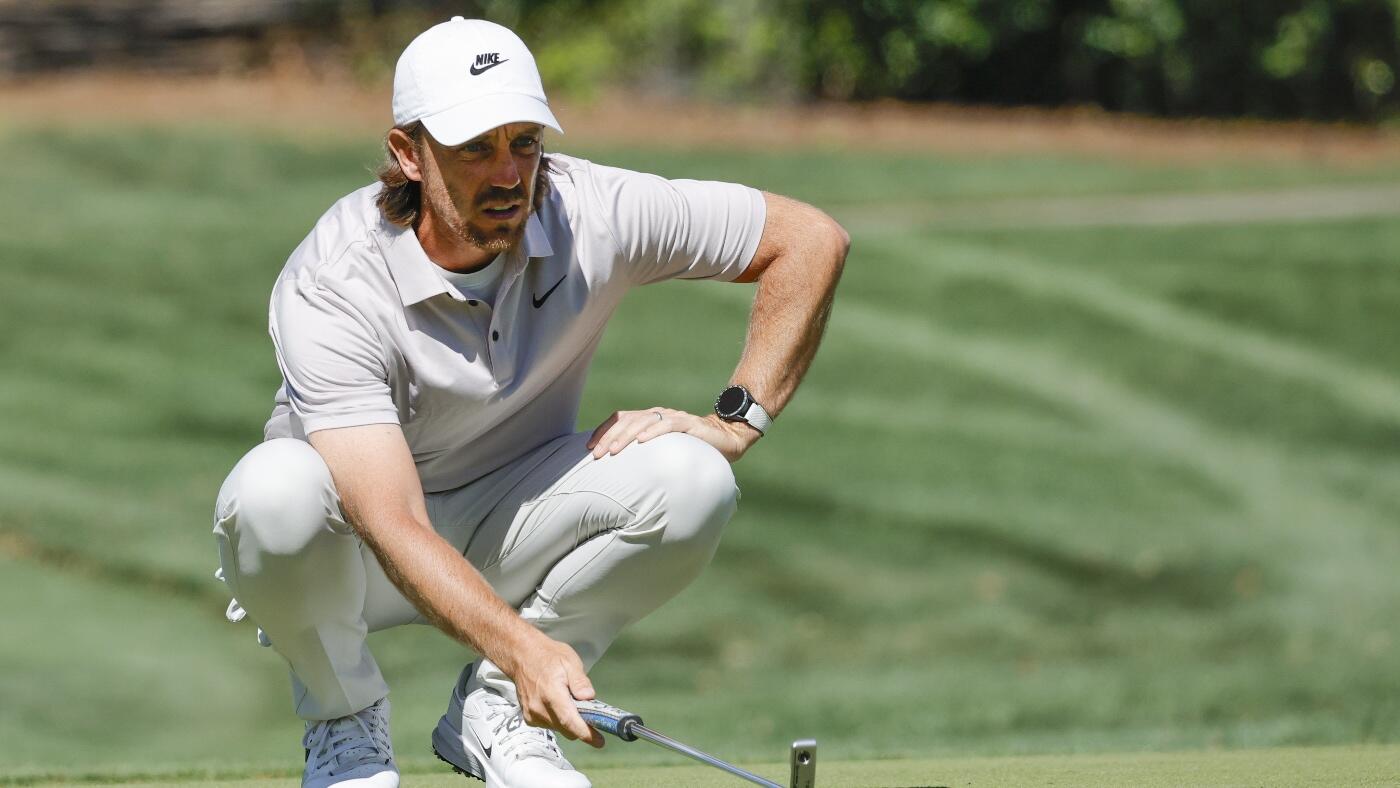I didn’t pick up the nickname “Trader Fred” by accident. I’ve made plenty of good trades and plenty of bad trades over the past 20 years, but the bottom line is, I’ve made plenty of trades. And I like to think that the good ones have far outweighed the bad ones. I know how to get a deal from the starting blocks to the finish line, and here are some of my best tips for making that happen.
Make an offer
This point sounds redundant, but you would be surprised how many managers are afraid to dip their toe into the water. If you’re looking to make a trade, start off by making the other manager a real offer. Don’t send them an email asking them if they’re interested. That’s too vague and wastes time. You can start with your best offer, or you can start by sending something that’s reasonable enough to at least begin negotiations. But either way, you need to send an offer.
Say something, but don’t write a novel
With your offer, you need to explain your line of thinking. But you also need to respect the time of the other manager and avoid sending them multiple paragraphs. For example, you could say, “I’m looking to add a starting pitcher and thought that you might be interested in a first baseman.” Or, “I have two good catchers and am willing to trade one of them for a reliever.” Just say something to let the other manager know where your ideas came from.
Provide options
A desire to have too much control over the process often prevents managers from reaching the finish line. For example, they are only willing to consider trading one or two players off their roster, or they are fixated on one player from the opposing team. This narrow-minded approach leads to limited options, which often silences trade talks before they really get rolling.
Repeat after me: “Everyone on your roster is available for the right return.”
If you’re open-minded during trade talks, you might find out that the other manager is really infatuated with a player on your team whom you hadn’t considered trading away. But if you can get a king’s ransom for that player, it might be the perfect way to improve your roster.
It's not all about you
The biggest mistake managers make in trade talks is focusing too much on the needs of their team. Of course, you need to look after your own squad. But the other manager doesn’t care about your team at all. Smart traders will first look at the deal from the lens of the opposing manager, and their communication with that manager will center around their team. For example, if you have an extra closer, find the managers who need closers and send them offers. I’m sure you can find players on each roster who can constitute a suitable return.
Unbalance your roster
Managers always enjoy having a balanced roster that includes two closers, a few effective starters, and an even mix of sluggers, speedsters and high-average hitters. It helps them sleep at night. But the best traders ...












